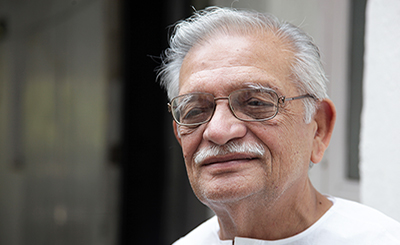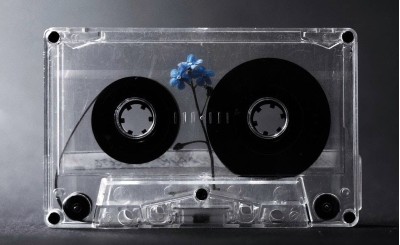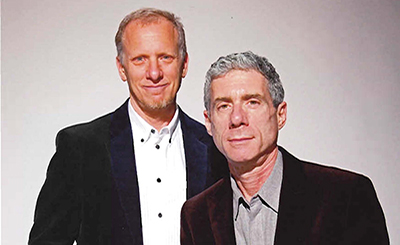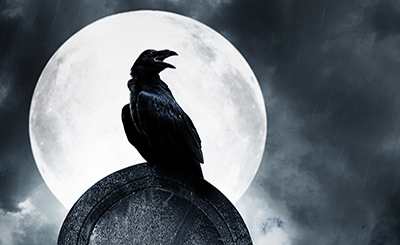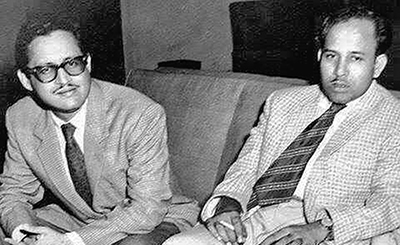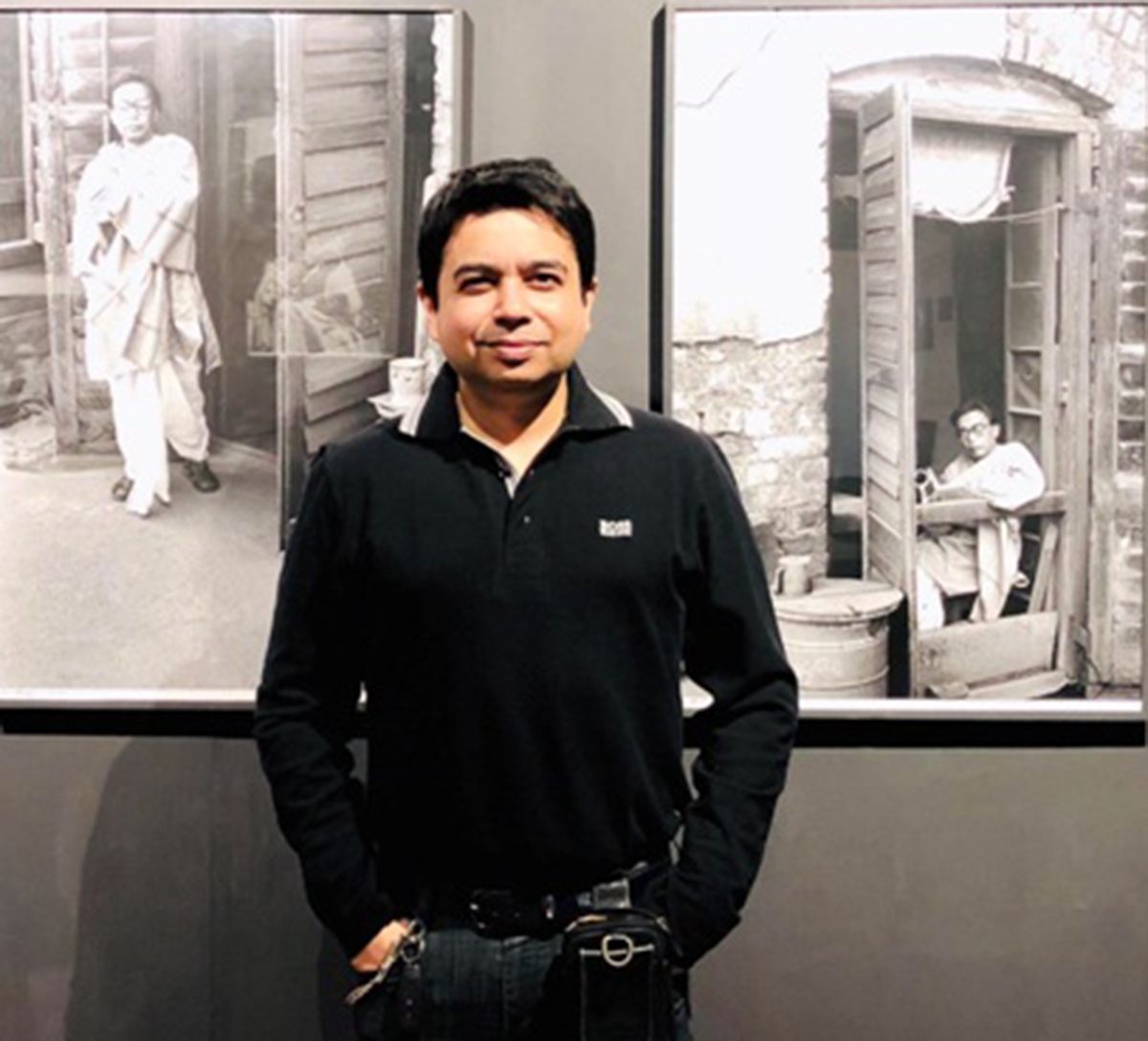
Devdan Chaudhuri. Photo courtesy of the poet
Poet’s Note: In Search of the Poetic
My first ‘published’ poem — in a school magazine — was written when I was fifteen. I am trying ever since.
Sometimes, with the help of my stars, I have managed to discover an observation, an image or a truth. My method of discovery, like a child who discovers a curious stone, like an explorer who discovers a new leaf, is strictly scientific: I completely rely on accidents and miracles.
In other words, I simply allow poetry to happen; I don’t think about any theory or method or structure. I surrender to the moment, and to that, which comes naturally. I let the image, sense and feeling — played by time and circumstances — to do their own thing, with the rhythm of consciousness.
The poems choose their own forms and architecture. When I stumble upon few memorable lines, I greet them like a fortunate gift or a generous blessing.
I believe:
Poetry can occur from any image,
can be coloured by any emotion.
But to see life, with a mind touched by soul,
is the beautiful, and the poetic.
I call my fiction, ‘literature of inquest’; I call my verse, ‘poetry of soul’.
Poetry always influences my fiction. The protagonist in my debut novel is ‘the poet’. Amongst the short stories which I have already published, there is a poet who does ‘geopolitical poetry’, and he recites one to his friends. In another story, a ‘metaphysical detective’ remembers lines by the 8th century Chinese poet Li Po. In another, the title of the story — one of travel and a random meeting with a Himalayan Naga sage — is borrowed from a book of poems by Jorge Luis Borges.
Over the years, I have come to realize that all poetry is verse, but not all verse is poetry.
It is the intriguing, and sometimes the undefinable quality, described as the ‘poetic’, that elevates verse to poetry.
My description of the ‘poetic’ is that which ‘leaps out’ in a poem, arrests the self, lingers within us, generates response, alters consciousness and makes us travel within ourselves.
My ‘poetry writing’ is the ‘natural compulsion’ to seek and express the ‘poetic’, under the spell of inspiration and the creative impulse.
If the ‘poetic’ has occurred once or twice in a poem, or poetry has occurred once or twice in a verse, then I consider it to be worthwhile and complete.
All the poems write themselves; I always try to interfere as little as possible, when a poem is being written. The interference only comes later, at the time of editing.
We are evolving together in a symbiotic way: poems change me, and I change the poems.
I am writing more political poetry lately, but the lyricism also hasn’t left.
I write in bursts of short spells, spread irregularly, over the year. I write more in some years, and less in others.
I write more poems during early monsoon and deep winter than I write during other seasons.
Most poems come fully formed, some partially and few are stillborn.
To be able to compose a flowing meaningful poem that is produced of a clear mind and a calm voice — rooted in feelings, without haziness or confusion — with the right balance of intellect and heart, is a goal that inspires me.
Like an artist, a poet creates one’s own ‘distinctive’ flavour, sense and style with different ingredients — motifs, subjects and themes — which keep on recurring throughout one’s life.
Music, flow, beauty, charm, lucidity, depth and meaning are the qualities which I aspire for. I am also mindful of universality and timelessness. I avoid over-intellectualization, over-engineering and the use of difficult words.
I feel my poems are written to be read in silence; they are not composed to be read out loud, as in a poetry slam.
I have observed that the silent sound of reading and the oral sound of voice are heard differently by us — they have a different effect on us. I wish to take the reader into their own selves, and that can only be done in silence, when the aesthetical experience can truly happen.
*
There are two kinds of poets and authors: those who are loved — this necessarily requires reading — and those who are admired — this doesn’t necessarily require reading.
One can admire Joyce without reading Ulysses or Roberto Bolano without reading 2666. Or one can also admire poets, after reading them, but without being deeply touched by their poetry.
As if a great wind passed over the inner landscape of the soul, without fluttering the prayer flags and the clothes on the washing line.
Poets I love are the poets who move me; and I keep re-reading them. They include Borges, Neruda, Adonis, Darwish, Milosz, Akhmatova, Szymborska, Jibanananda Das, Li Po, Du Fu, Basho and others.
I feel thrilled when I accidentally discover great poems by hitherto unknown poets which I begin to love.
For example, a poem about metempsychosis by Rubin Dario (1867-1916) that starts with ‘I was a soldier who slept in the bed of Cleopatra the queen’.
A poem by Harshadeva — a Sanskrit poet whose poetry lives in the pages of Subhashitavali: an anthology of verse compiled by Vallabhadeva in fifteenth century Kashmir — that has these two lines:
Even as she walked away,
she stepped inside my heart.
Final example is this short poem by Nikolai Morshen (1917-2001):
He lived so little: only forty years.
There is no word of truth in these words.
He lived through two wars, one coup d’etat,
Three famines, six changes in government,
Four leaders, two real passions.
In terms of years, it will be about 500.
So I feel, a list of favourite poems — which we never tire of reading again and again — might be a better exercise that a list of favorite poets. They will always come handy whenever we need to change our mood, nourish our mind, feel our soul and shift our consciousness. In that case, one of the oldest poems ever: ‘In the Beginning’ / ‘The Creation Hymn’ that features at the end of the Rig Veda can be included. The composer of this supreme poem is anonymous.
*
The times are strange; most are dazed and confused. There is a permanent fog in the mind and a need for stoicism. We won’t know for sure how we are managing to pull through nowadays and how did we navigate 2020 — with so much pain, uncertainty and loss — till we come out of the storm that might lessen or intensify in 2021; and even continue further in time with the newer cycles of infection, mutant strain, media hysteria, techno-feudalism, lockdown, economic collapse and resistance.
But now — amid personal calamities and persistence of premonitions — there is a reason to feel upbeat as a collective. The historic farmers’ protest — largest in the world — has sparked the inspiration of rebellion and the strength of defiance in the hearts and minds of millions. This is an unprecedented happening that is offering a sky of brightness.
We have witnessed street protests and organized dissent in recent years; however, not on such an epic scale. Blockades, disruptions, boycotts, civil disobedience, dissemination of truth, rekindling of revolutionary impulse, anti-neoliberal ideology and anti-colonial spirit are the pressing need of the hour.
The farmers, who are closest to the soil, the water and the seasons of our land, are showing the way. We must follow.
Mahmoud Darwish wrote:
A poem in difficult time
is beautiful flowers
in a cemetery.
The four poems which I have chosen for this special issue long to be the ‘beautiful flowers’. They center on the themes of love, journey and wisdom; and two of which end with the word ‘hope’.
Poetry — when the world feels like a coalescence of a warzone, a hospital, a prison and a lunatic asylum — can offer solace, sooth tiredness, light a shining joy and help us to recover, at our solitary corner of the world, the quiet sublimities of our own soul.
There is always a story behind each poem; often a deeply personal one, whose ‘details’ most poets would prefer to keep hidden. But they will freely use the experience, and reveal the ‘essence’, to make poetry.
The first three poems have stories behind them; perhaps also a novella, that will never be written. The sub-themes of this triad are existential irony, auspicious beginning, sudden absence and urban life.
The final poem, The Diamond Sutra — about a famed ancient text, its unique historicity in regard to human civilization and its extraordinary journey through time — is a ‘story poem’, composed of several sub-stories.
I would hope, you, my reader, will find the ‘poetic’ in the four poems, whose existence will be justified and their purpose served, if they are able to touch, churn and release within yourself — trickle by trickle, like origin of a river — your own deepest consciousness.
***
Now
Now after all these years, after so many beginnings and farewells,
My mind is finally prepared to hold your thoughts with love.
When you were with me I never understood your worth,
Your devotion of kisses, your hemisphere of silence.
Distracted by life, I was consumed by tasks.
I had forgotten to love when I had a lover to love.
Now I have learnt to walk through the night,
With the awakened sense of a morning.
Now the slice of moon is the smile of the sky.
Now I can hold you in an expanse of feathers.
Make you tremble in a breeze of tenderness.
Now I can make you bloom in a season of kisses.
Love you freely without the entanglement of myself.
Now all these, when you are gone.
Now, when it’s too late.
A Love Song of the Morning
Within the pause, before a wise thought,
I find a picture of you.
Within the sense of peace,
within the smile of my heart,
within all that are pure,
I find your memory.
You are the idea of the sacred,
that can only release
the space I need,
within the clutter of myself.
You are the breath,
that brings life, to my living.
You are the root in my soul,
my dream, my future, my hope.
Casual Loneliness
I
I speak of casual loneliness,
a passing fever,
not of a chronic aliment
of a spinster or a widower,
a home-maker
or a married man.
I don’t speak of loneliness
of silent laments;
forgotten, or remembered,
with wine or whisky,
in slow evenings of rain.
I don’t speak of loneliness
of struggle and despair:
of being sick alone;
of exclusion; of humiliation.
Without anyone
to offer a helping hand
of few moments of concern,
and some words
of kindness.
I speak of sudden loneliness
within lengthy solitude.
A desert within an oasis.
Loneliness
not bereft of love,
but a lover.
II
Loneliness means
going alone to the cinema.
Walking around.
Buying a book.
Loneliness means
occupying a two-seater table,
on one’s own,
in a café or a restaurant,
and always being denied,
a four-seater.
Loneliness means
a need for a blanket
and a cushion.
Loneliness means aridity,
a thirst for moisture,
smiles without mischief,
a wire without spark.
Loneliness means
unused space.
Loneliness means
a time to be touched,
not by your skin,
but by your memory.
Loneliness means:
to get soaked by the world,
and catch a cold,
then to dry myself,
slowly, gently,
and calmly,
in the sun
and the air,
of hope.
Page
Donate Now
More from The Byword
Comments
*Comments will be moderated




